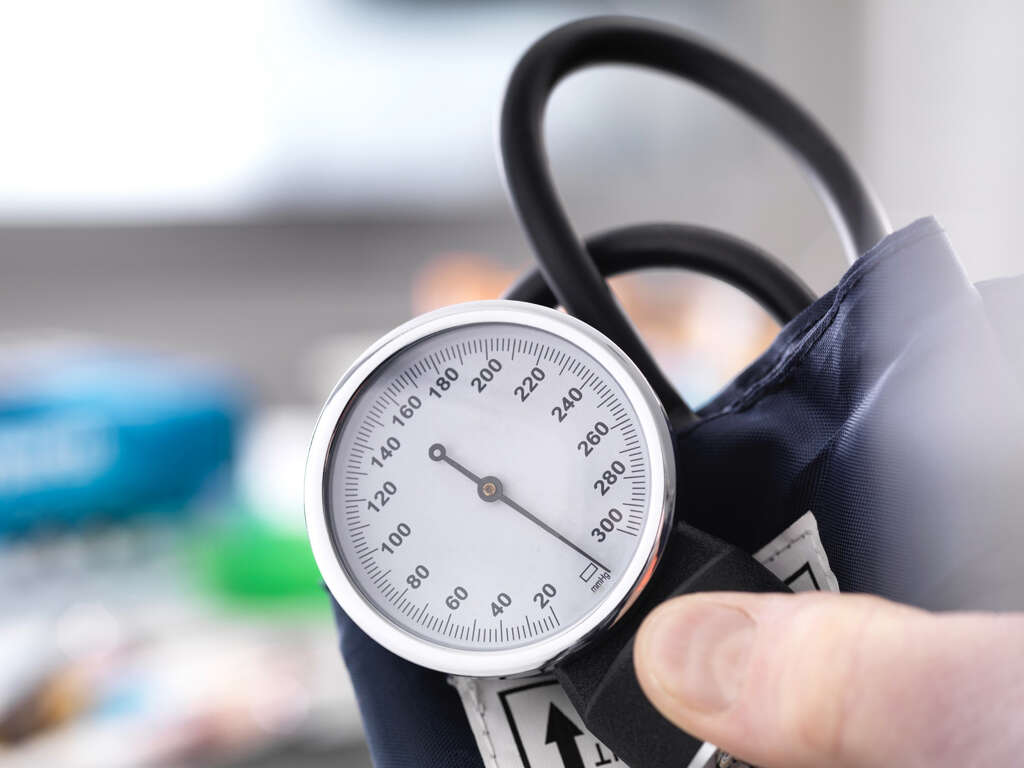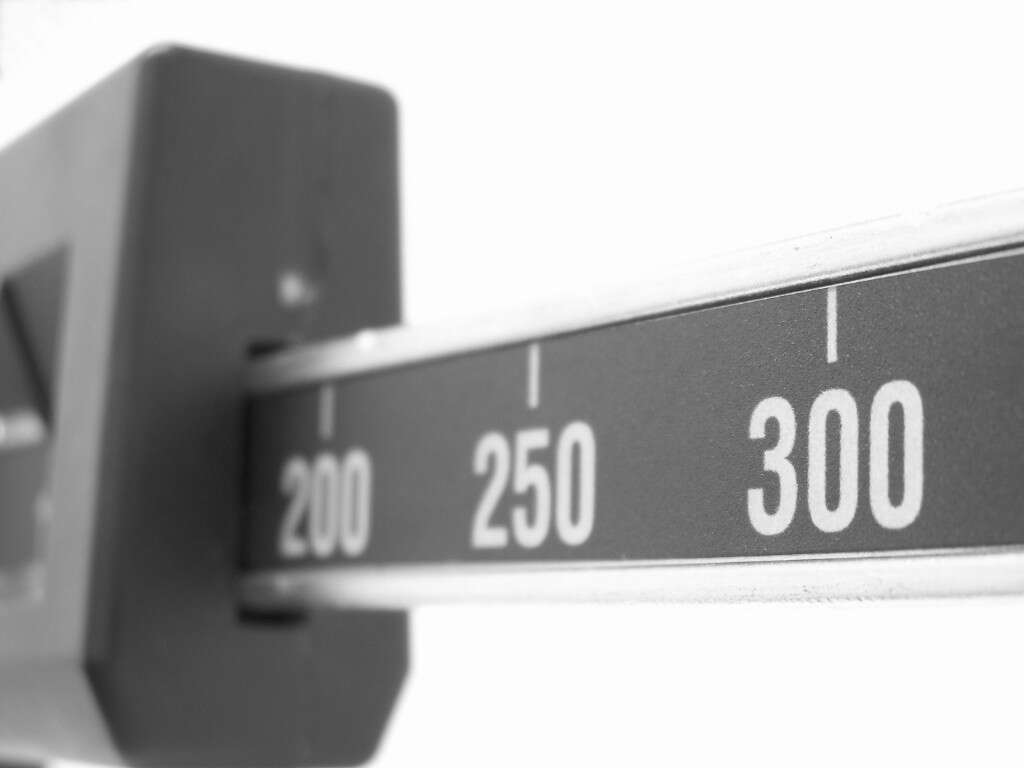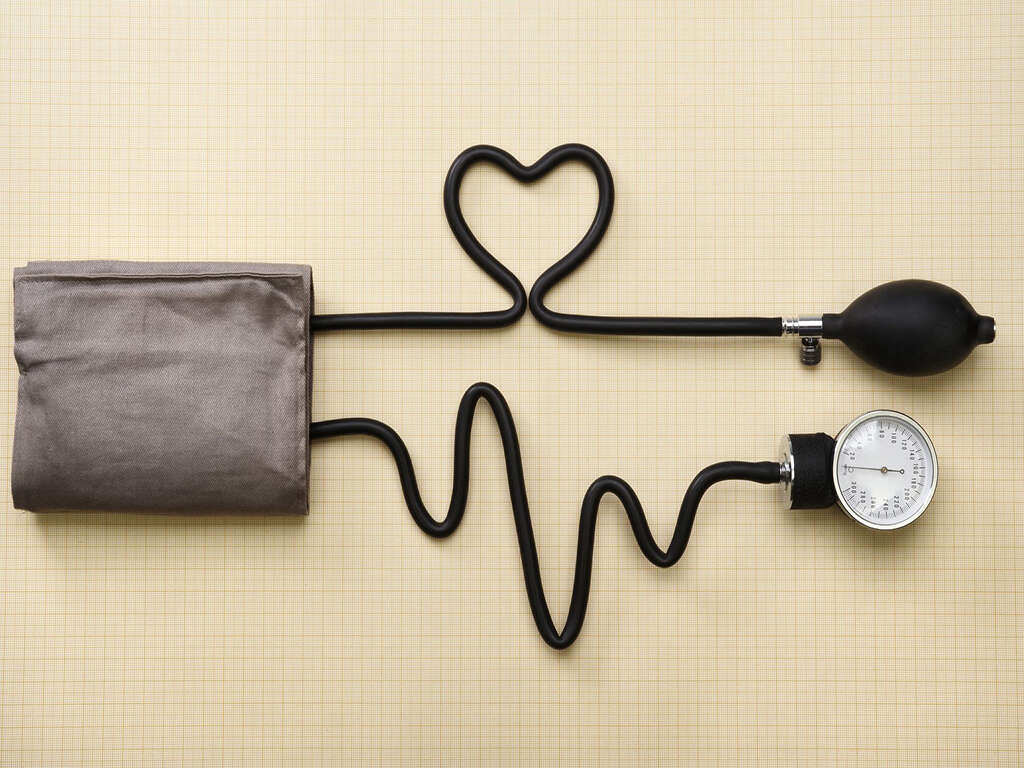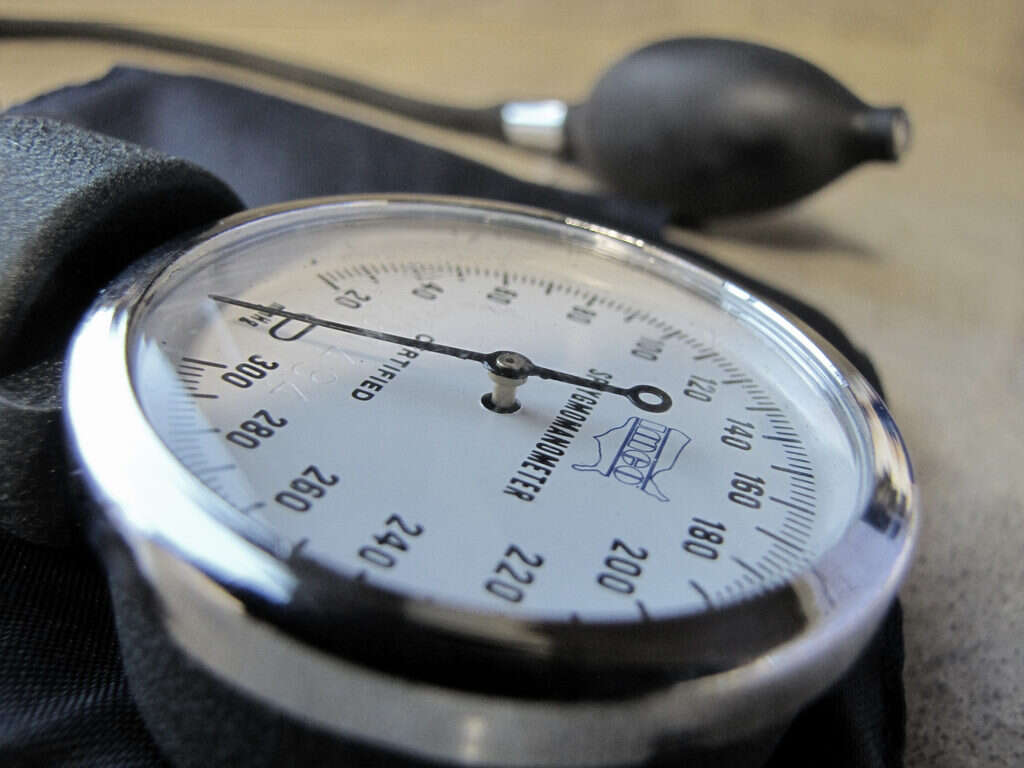10 Symptoms of Low Blood Pressure
We tend to forget about the blood that is making its way around our bodies all day, every day. It carries essential nutrients that feed the body and oxygen that has been collected from our lungs. Both oxygen and nutrients are essential to our well-being and even our survival, meaning that the constant flow of blood delivering them is just as vital.
In order to reach all parts of the body, the blood needs to be pumped at the right pressure. If the pressure is not high enough there will not be enough nutrients flowing through the cardiovascular system to nourish the body. This can cause a range of symptoms and can be very dangerous. Here are some symptoms that could be present if you have a low blood pressure.
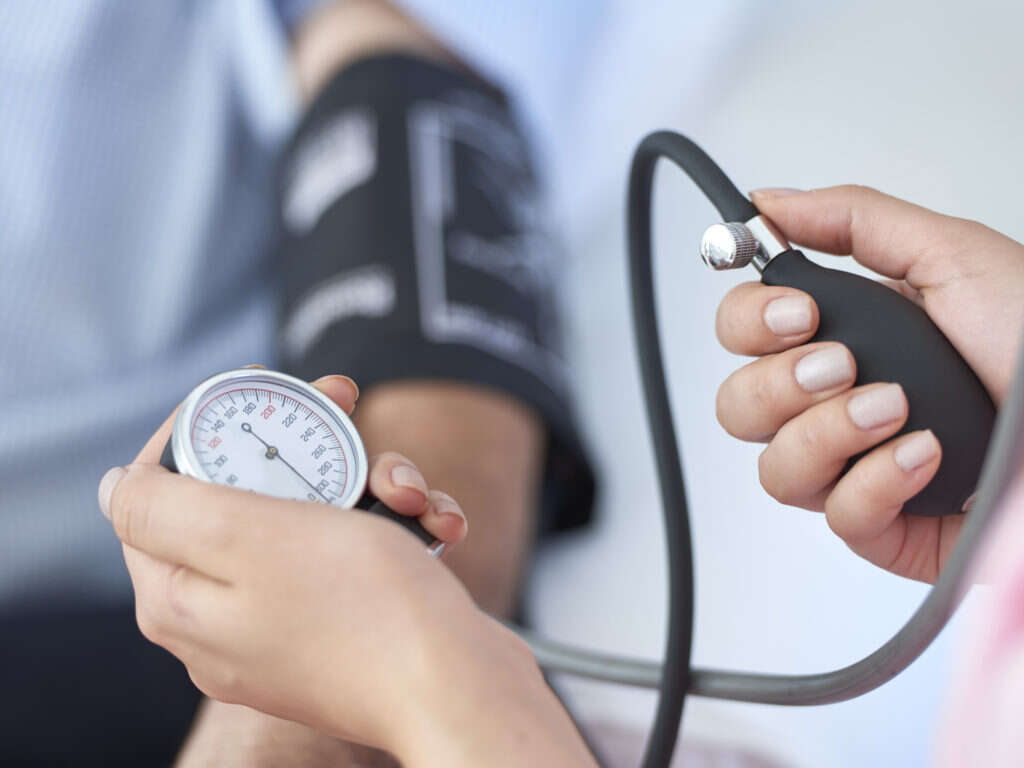
Symptom #1: Blurred Vision
Our eyes work by detecting particles of light and then sending that information back to the brain through the optic nerve. The brain then interprets this information in a way that we can make sense of. It is an effective system that gives us valuable information about the world around us.
In cases of low blood pressure, however, the system that allows us to see is not as effective as usual. People will often complain that their vision is blurred. Many describe it as though a filter has been placed over their eyes. If you are experiencing blurred vision you should check your blood pressure and arrange to speak with a doctor.

Symptom #2: Poor Concentration
Much of our day to day lives involve tasks that we could almost do with our eyes closed. Tasks can become second nature to us with enough practice, but others can require more focus. People suffering from low blood pressure often find that they struggle to concentrate on any one thing for long.
This lack of concentration can make it difficult for the someone to learn new things. It could also lead to struggling to perform even simple tasks. Additionally, you can become more prone to having accidents. A deteriorating ability to concentrate can be caused by numerous problems and you should arrange to see a doctor if symptoms persist.
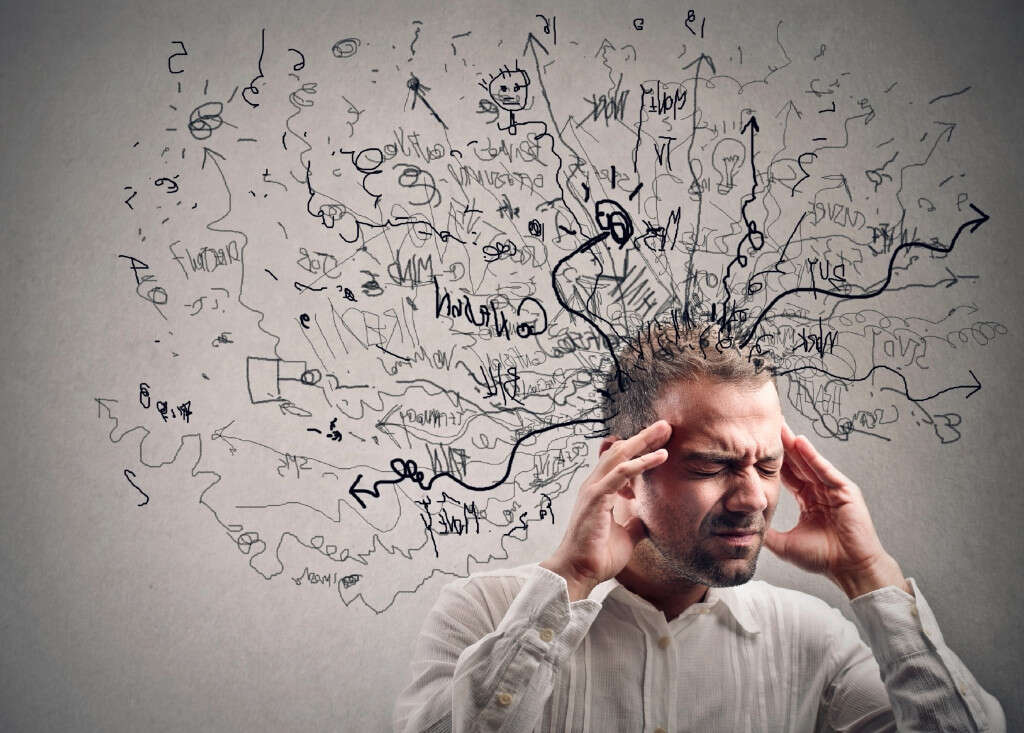
Symptom #3: Light-Headedness
Most of us would experience light-headedness if we stood up too quickly from a seated or lying position. This occurs because the resting body does not have time to adjust to the need to pump blood to the head upon standing up. Normally the body will usually adjust in moments and the lightheadedness will pass.
Low blood pressure can cause light-headedness for a similar reason. With insufficient blood pressure to pump blood to the head, the brain will not be getting the nutrition it needs. This causes a feeling of light-headedness and it may not pass quickly, which can lead to accidents and injuries.

Symptom #4: Nausea
Nausea is a common symptom that is associated with a wide range of illnesses. It is characterized by a general feeling of being unwell and a feeling that you are about to vomit. Nausea will quite often result in vomiting, but not always.
Because nausea can be caused by so many illnesses and conditions, including low blood pressure, it can be difficult to pinpoint the exact cause. It can be necessary for tests to be carried out to find out what is causing the symptom. If you are experiencing nausea for prolonged periods then you should arrange to get advice from a medical professional.

Symptom #5: Syncope
Syncope is the technical medical term for fainting. Sometimes it can be caused by a harmless shock to the system, such as some very bad news. At other times, though, it can be caused by something more concerning such as an underlying illness. Low blood pressure may be the cause of syncope, as the brain may not be getting the nutrients it needs.
Fainting is actually a defense mechanism that helps to protect the brain. If there is insufficient blood flow to the head, then the brain will begin to switch off other parts of the body to ensure the brain gets what it needs to avoid harm.
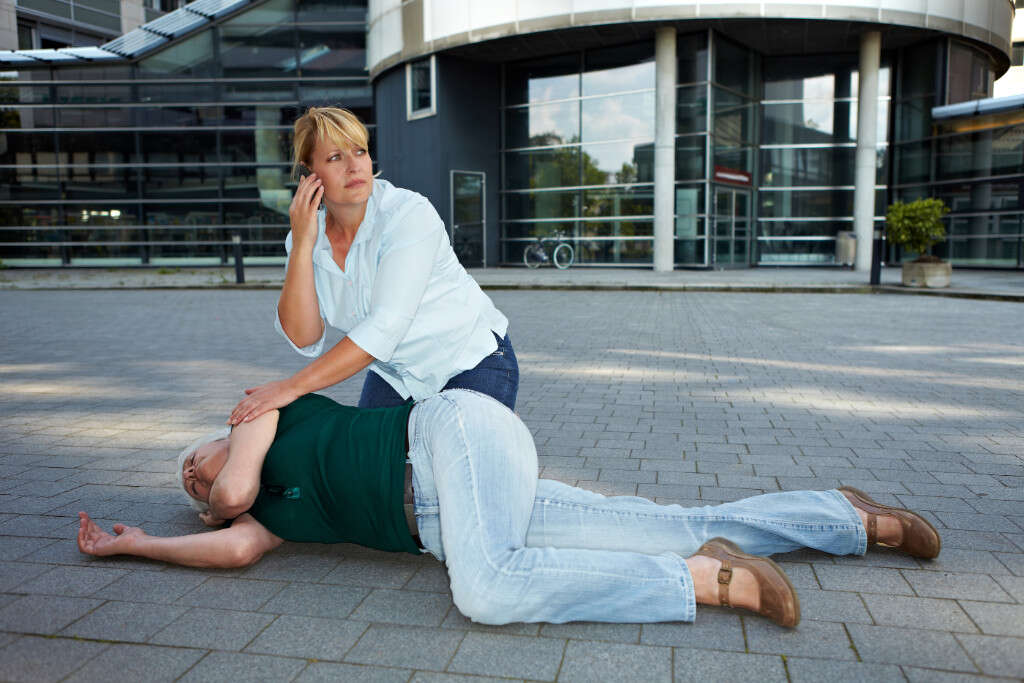
Symptom #6: Fatigue
We are generally quite active creatures. We tend to work for 8 hours or more per day and will even take part in physical activities just for fun. Of course, this type of life needs energy; therefore, our bodies are dependent on a cardiovascular system that helps circulate enough nutrition and oxygen in the bloodstream so we can engage in these activities.
Low blood pressure can affect the ability of the cardiovascular system to provide the body with the energy it needs. If the cardiovascular system is not operating as effectively as it should, then we will feel fatigued all the time. We will not have the energy or motivation to take part in physical or mental activities. People will likely wish to remain sedentary regardless of how much sleep they get. Chronic fatigue should be addressed with your doctor to determine the cause and appropriate treatment.

Symptom #7: Pale Skin
In addition to skin pigmentation, much of our color comes from our blood. Blood is pumped around the body including just below the skin, helping to give it a deeper color. With a reduced flow of blood beneath the surface of the skin, we become visibly paler. It can be quite noticeable and a pretty good sign that we are not well. Low blood pressure can often be the culprit.
In addition to becoming paler, our skin can also become cooler as there is less warm blood near the surface. We will also feel clammy to the touch. If you are significantly pale long term, then emergency medical treatment may be necessary.

Symptom #8: Confusion
While most things are quite easy for us to digest, anybody can become confused from time to time. As impressive as our brains are, they do have their limitations and some tasks can just be too difficult for us to process. However, if someone becomes confused by simple tasks there may be a more serious cause like low blood pressure.
With an insufficient flow of blood to the brain, the brain will become less effective at processing information. This can include a failure to perform tasks that should really be straightforward for the patient. It tends to be worse in older people and it can even include tasks as simple as knowing where you are.

Symptom #9: Breathing Difficulties
Among other things, our cardiovascular system helps to ensure that the body has all the oxygen it needs. Blood flows to the lungs, where it absorbs oxygen and is then sent throughout the rest of the body by the heart. If there is not enough blood being pumped around the body, though, then there is not enough oxygen being distributed.
With low blood pressure, sufficient oxygen is not being pumped around the body, causing the brain to think that there is a problem with breathing. This causes someone to feel out of breath and they will begin to breathe in an erratic manner to try and compensate.

Symptom #10: Rapid, Weak Pulse
The rate at which blood flows through the body depends largely on the speed at which the heart is pumping. The flow is also affected by the power at which the heart can pump. Blood pressure – providing the power to pump - can also be affected by other factors such as fluids in the blood and the condition of the blood vessels.
Tachycardia is a condition where your heart is beating far faster than it should be. It beats so fast, in fact, that the chambers are unable to fill with blood between beats. This means that less blood is pumped, leading to low blood pressure. This is a potentially dangerous condition and emergency medical assistance should be sought.




